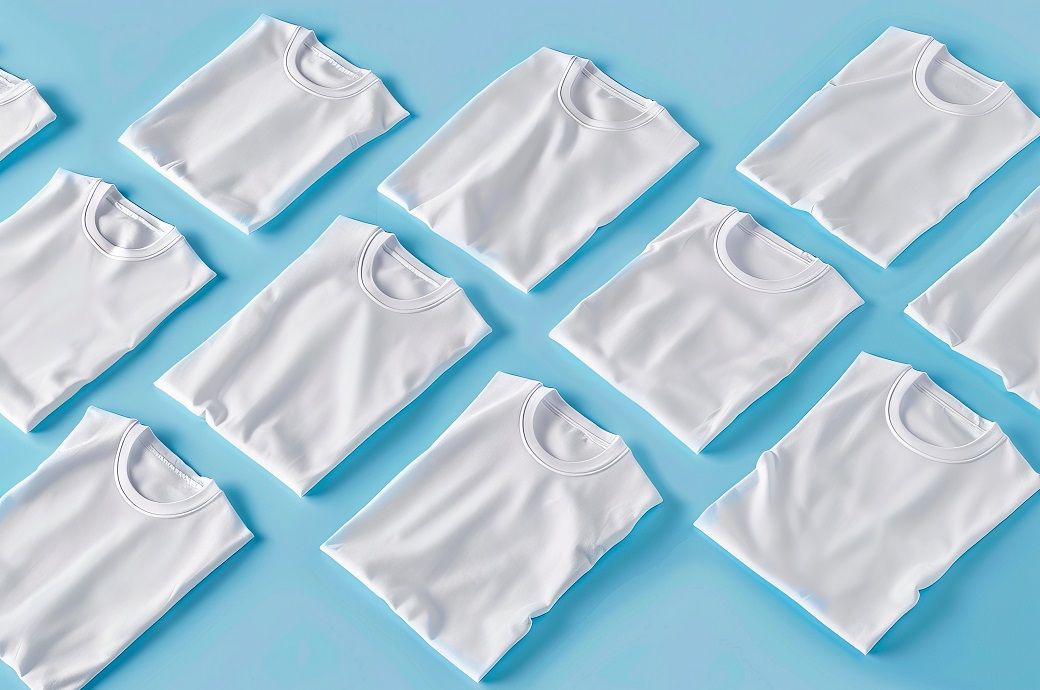

Sudhir Sekhri, chairman of AEPC, commented in a press statement, “With a complete value chain and commitment to compliance-driven quality products, India is poised to become a significant global player in the textiles and apparel sector. A long-term policy for garment industry-related schemes will provide stability in the policy regime and be a proactive step to help garment exports from the country.”
Sekhri emphasised that a 5 per cent rate for all exporters under the Interest Equalization Scheme for a minimum period of five years is one of their top demands from the Union Budget.
Mithileshwar Thakur, secretary general of AEPC, observed, “This labour-intensive sector needs substantial support from the Government of India as it holds the key to generating massive employment opportunities for the youth and empowering women, which can transform the socio-economic landscape of the country.”
The AEPC asserted that an interest subvention of 5 per cent will enhance the apparel industry’s competitiveness in the international market.
The AEPC also requested that all types of trimmings and embellishments be covered under the Import of Goods at Concessional Rates of Duty Rules (IGCR Rules). They proposed extending the timeframe for the utilisation of these items to one year and allowing duty-free benefits under IGCR for courier mode shipments, which is currently limited to cargo mode shipments.
Additionally, the AEPC suggested reducing customs duty on high-end textile machinery to zero per cent for three years to facilitate technology upgradation. Following this period, a high tariff wall should be erected to encourage foreign investment in textile machinery manufacturing. They also called for uniformity in GST across the entire value chain, proposing a uniform GST of 5 per cent for all fibres.
Currently, inputs into the man-made fabric segment (fibre and yarn) attract a higher GST than the final product, i.e., apparel. While the GST rate for fibre is 18 per cent, for yarn it is 12 per cent, and for fabric, it is 5 per cent. For apparel worth less than ₹1,000 (~$11.97), the GST rate is 5 per cent, and for garments above ₹1,000, the GST rate is 12 per cent. This leads to the accumulation of tax at the input stage. The inverted tax structure blocks the working capital for businesses due to input tax credit accumulation. Hence, AEPC has requested a uniform GST of 5 per cent for fibre, yarn, fabric, and garments, for both MMF and cotton-based products.
The AEPC also recommended that the government provide subsidised loans for readymade garment manufacturers who incorporate organic, locally sourced inputs and invest in green technologies. They suggested incentives for factories implementing traceability initiatives in the raw material supply chain, compensation for companies relocating to hinterlands, direct tax concessions for apparel manufacturers adopting ESG and other international quality norms and compliances, and budgetary support for branding and marketing of Made in India products.
K M Subramanian, president of the Tiruppur Exporters Association (TEA), stated that the government should introduce another version of the production-linked incentive (PLI) scheme with a lower investment limit of ₹15 crore (~$1.8 million). He also urged that cotton be included in the PLI as garment MSMEs generate the highest number of jobs relative to investment. Subramanian called for an alternative scheme to the Amended Technology Upgradation Fund Scheme (ATUF) to promote technological upgradation in the garment industry.
The TEA head emphasised the need to prioritise free trade agreements with the United Kingdom, European Union, New Zealand, and the Gulf Cooperation Council (GCC). He advocated for the extension of the interest equalization scheme with a higher rate of subvention, capital subsidy, and interest subvention for all types of factories. He also called for the further extension of the moratorium for two years under the Emergency Credit Line Guarantee Scheme (ECLGS), a liberal duty drawback scheme, and immediate amendments to the new provisions under Section 43(B) of the Income Tax Act, which mandates payment within a maximum period of 45 days to MSME units from their buyers. Additionally, the TEA urged the government to provide subsidies for hostel construction in Tiruppur to address accommodation issues for migrant workers from other states.
Fibre2Fashion News Desk (KUL)